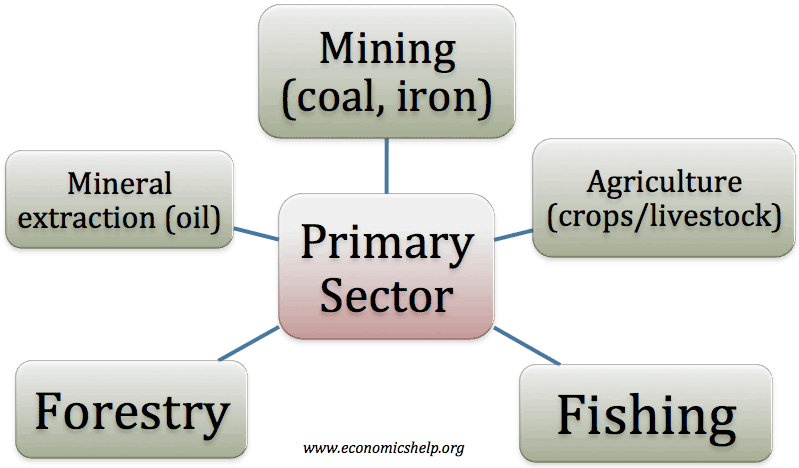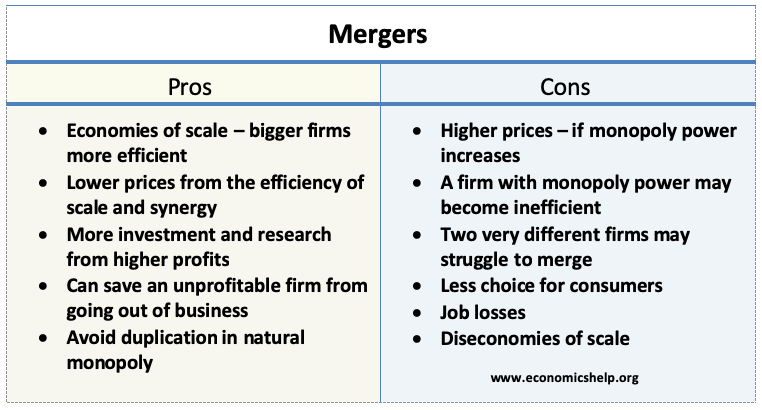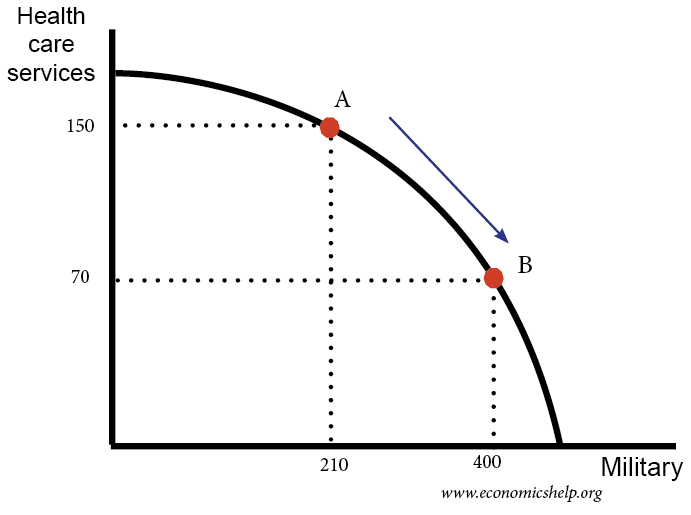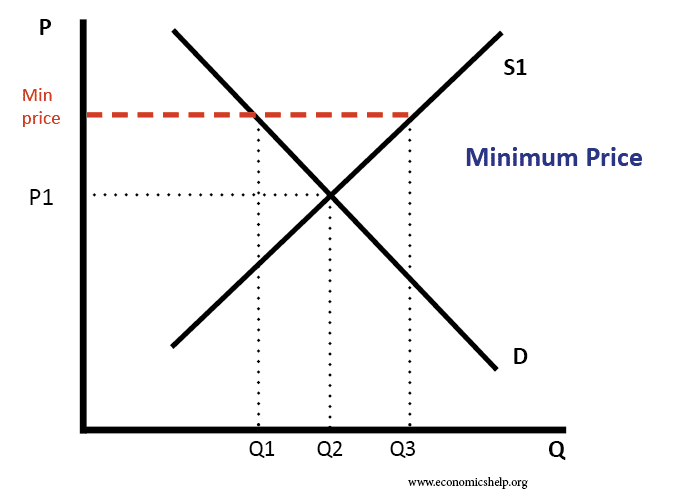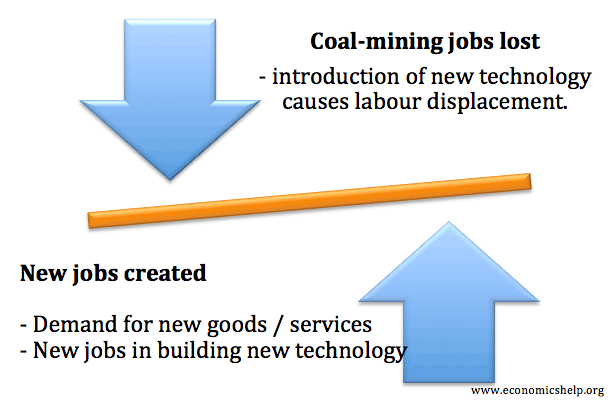Primary sector of the economy
What is the primary sector? The primary sector is concerned with the extraction of raw materials. It includes fishing, farming and mining. In less developed economies, the primary sector will comprise the biggest part of the economy. Typically as an economy develops, increased labour productivity will enable workers to leave the agricultural sector and move …

